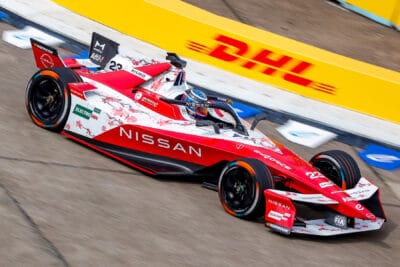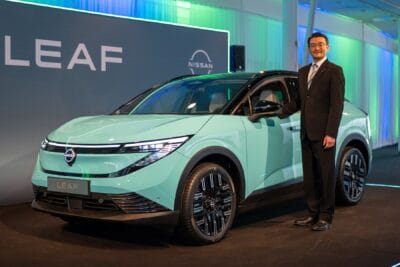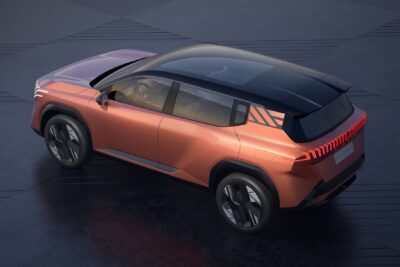Nissan, Renault, NXP, Ehang.
Making H2 stations redundant? Nissan is working on an ethanol-based fuel cell technology. The SOFC system uses organic ethanol to produce hydrogen inside the vehicle, which is said to give it a range similar to petrol versions. The technology could hit the market by 2020. Its biggest advantage is that hydrogen filling stations would become redundant. It is also cheaper, as it does not use precious metals and does not need expensive hydrogen tanks.
autoweek.com, reuters.com, newsroom.nissan-europe.com
EV research in Israel: Renault has signed a cooperation with the Institute of Innovation in Transportation from the University of Tel Aviv. It is said to i.e. give start-ups the opportunity to test their technologies using electric vehicles from Renault.
globes.co.il, automotiveworld.com
NXP sells semiconductor business: Dutch company NXP has sold its standard business product to a group of Chinese investors for 2.75bn dollars. The business is said to continue under the name of Nexperia.
bloomberg.com
Passenger drone: An electric drone by Chinese manufacturer Ehang, designed to fly autonomously and carry people (we reported), will actually be tested in Nevada from the end of the year. An agreement was now signed with the dem Governor’s Office of Economic Development (GOED) and Nevada Institute for Autonomous Systems (NIAS).
gizmag.com/, ehang.com




0 Comments